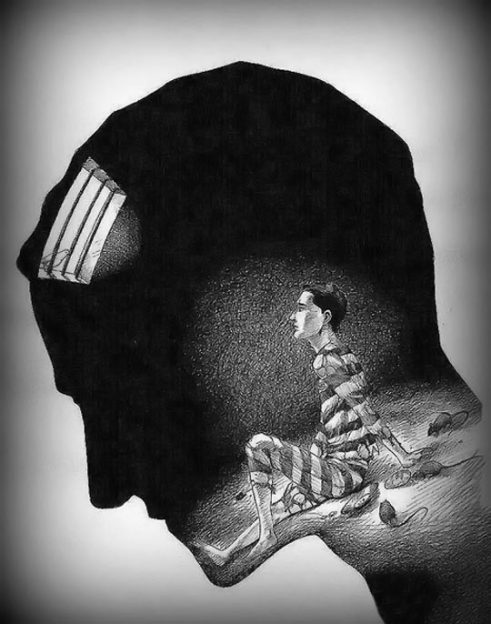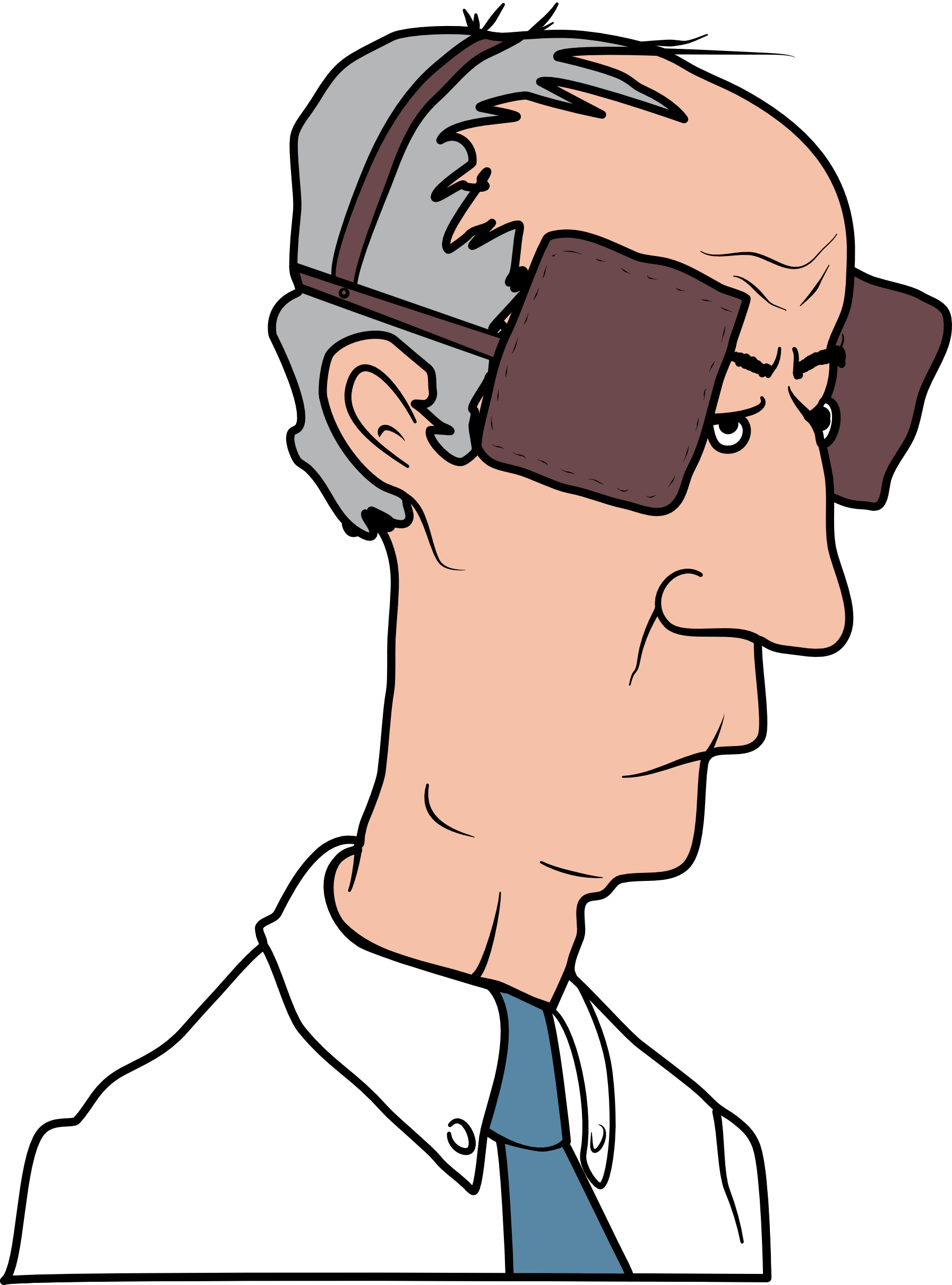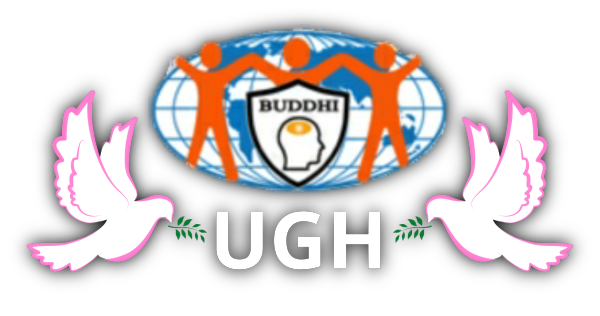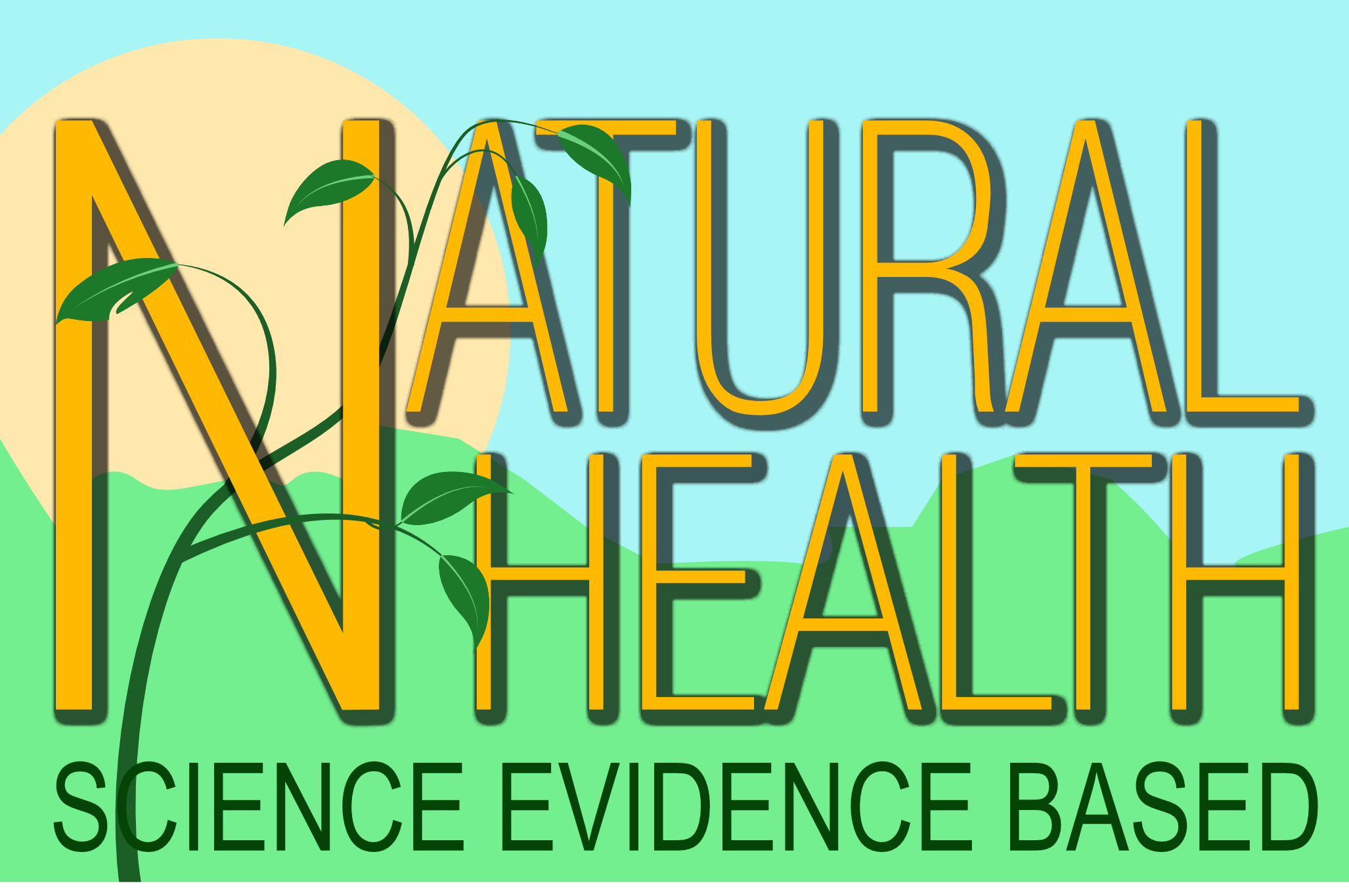Buddhi - free your mind
What is Buddhi?
Attainment of Buddhi means a mind and consciousness freed from the shackled imprisonment of traditional thinking
Before I continue, let me say that the interpretation of Buddhi presented in this article is not, in itself, about religion or religious faith, it is about realising the full potential of the human mind to understand what is true; that is, truth in our thoughts and in the way we interact with people, truth in our desires, and truth about how we live our lives.
Buddhi is a Sanskrit term derived from the root word, 'budh', meaning "to know" or "to be awake". Herein United Global Human Family have defined the term "Buddhi" that refers to a state of mind empowered to correctly understand, analyse, discriminate, and decide on making right use of potentiality. Buddhi means an enlightened, non-biased, mind and consciousness.
Buddhi leads us to an ever-increasing perfection of cognitive function that enables real factual evaluation, perception, and realisation of truth, thus allowing us to take correct and timely decisions and actions in our lives.
Attainment of Buddhi means a mind and consciousness freed from the shackled imprisonment of traditional thinking, customs, and practices, and of the unconscious bondage to evolutionary development focussed solely on survival fitness.
Prison of my Mind

Prison of my Mind
If I were to ask you to willingly live in a prison cell, shackled, and isolated, except for exposure to constant and relentless propoganda, with only a narrow window through which to view the outside world, would you accept my request?
I think that you would decline my request, and quite rightly so.
Then let me pose this question to you; why do we seek physical freedoms when our minds are bound and constricted just as surely as I have described?
In order to realise the full potential of the mind it must be free.
Often, through no fault of our own we are indoctrinated into the society in which we are born, its belefs, doctrines, values, and cultural heritage. This indoctrination has a major influence, on each of us, in shaping our biased thinking. Yes, like it or not, we are all biased in some form or another.
Alan Wilson Watts (6 January 1915 – 16 November 1973) an English writer, speaker and self-styled "philosophical entertainer", wrote, 'We seldom realize, for example, that our most private thoughts and emotions are not actually our own. For we think in terms of languages and images which we did not invent, but which were given to us by our society'.
So, what does indoctrination mean? One definition is: Indoctrination is the process of inculcating a person with ideas, attitudes, cognitive strategies, or professional methodologies
Humans are a social animal species inescapably shaped by cultural context, and thus some degree of indoctrination is implicit in the parent–child relationship, and has an essential function in the maintenance of stable communities of shared values, and thus should not, in itself, be regarded as harmful, and is probably good.
Although indoctrination has over many years been associated with learning, for many people today it has a more sinister connotation.
Some distinguish indoctrination from education on the basis that the indoctrinated person is expected not to question or critically examine the doctrine they have learned. As such the term may be
used pejoratively or as a buzz word, often in the context of political ideology and opinions, theology, religious dogma or anti-religious convictions.
If you indoctrinate someone, you teach that person a one-sided view of something and ignore or dismiss opinions that don't agree with your view. Cults, political entities, and even fans of
particular sports teams are often said to indoctrinate their followers.
We perceive things around us, we hear what people say, we read books or get information from internet, news media, TV ads, and marketing. These are all simply means of getting
information through our senses, that may be correct, or may be incorrect.
Our senses and the ability for learning, questioning that learning, and performing further investigation, are a fundamental part of human cognitive ability. Exploring and controlling cognitive
ability, to understand what is correct or what is incorrect, and using the correct knowledge for improving quality of life, is the essence of Buddhi.
"Children learn more from what you are than what you teach."
- W. E. B. DuBois

We start accumulating 'knowledge' from the information given to us, or that we note ourselves, from infancy (In fact learning begins when we are in our mothers’ womb).
Our schooling starts from the lap of the mother, the family, and the local community. At this stage, we perceive our parents and other seniors of our family, and community, as ideals,
the leaders. We believe, and also are made to believe that whatever they say, or practice, is correct, often without question.
Behavior, faith, character, and practices of our parents and seniors, together with influential persons such as teachers and clerics, remain heavily influenced by the traditions and the culture they belong to. Cultural and traditional practices, and faith, may be seen as either either good or bad, can simply be a myth, or may contain some facts; but then, these cultural practices and ideas are instilled in our brain, from our very childhood (as data fed into computer).
Ideas and information, such as faith information (religion), cultural norms and values, that we get from parents, family, and society, influence our personal thinking. Our likes, dislikes, and emotions, intersect with our perception and interpretation of phenomena, of the world in which we live, during the rest of our life. The American sociologist, historian, civil rights activist and author, W. E. B. DuBois, wrote, Children learn more from what you are than what you teach.
So, as we progress through the journey of out life, we continue to gather information, we interact with others, we see how others act, how they speak, and how they manifest their beliefs and emotions.
All of these interactions will have an effect on the way we think, the way we act, and what we believe. These interactions may be positive or negative, good or bad. They may serve to either stimulate new ideas and beliefs, or to reinforce the views, beliefs, attitudes, and prejudices that we have already developed.
Often, as we progress through life, we will form opinions and views about people, situations, and even inanimate things about which we have no direct knowledge or experience.
These are referred to as prejudices or preconceived ideas; they may be correct, but often they are unfounded and ill-conceived.
Prejudice or bias?

What is the difference between prejudice and bias?
Bias is an inclination for or against a person, idea or thing, especially in a way considered to be unfair. Prejudice is a preconceived opinion that is not based on actual experience or reason.
We are all biased to some degree, but the problems we create come from when we become 'blinkered' and cannot, or refuse, to see other facts, truths, or opinions. When we are thus constrained we run the risk of bias turning into unreasonable prejudice.
Today, the word prejudice has come to be synonymous with bigotry. Bigotry is defined as the obstinate or intolerant devotion to one's own opinions and prejudices. Thus, a bigot is
a person who has strongly held, unreasonable ideas, especially about race or religion, and who thinks anyone who does not have the same beliefs is wrong.
Prejudices remain one of the biggest barriers to cross to finally get to understanding correct knowledge from information. Another area that causes problems in understanding truths is
confirmation bias; this is defined as, the tendency to interpret new evidence as confirmation of one's existing beliefs or theories. Another problem with confirmation bias is that it will
cause many people to dismiss any information, true or otherwise, that does not conform to their beliefs as false, untrue, myth, or propoganda. Confirmation bias is often at the root of
many conspiracy theories.
Pursuing for Buddhi can help a person to free his or her mind from the slavery to prejudices, and confirmation bias.
"Great spirits have always encountered violent opposition from mediocre minds.
The mediocre mind is incapable of understanding the man who refuses to bow blindly to conventional prejudices and chooses instead to express his realizations courageously
and honestly."
-Albert Einstein
Real vs Fake Gurus: How to Spot the Imposters?
Read more here: Real vs Fake Gurus: How to Spot the Imposters?
Awareness
By understanding what is true about ourselves, our beliefs, our desires, and the way we should act, we can live a better life for ourself and the world in which we live. However, the most
imprtant step to attaining Buddhi is that we know orselves. If, when looking through the window of the prison of our mind, we only see one gloomy narrow perspective, then we condemn
ourself to a life sentence within our prison, together with the suffering it brings.
Only when we are aware that, unlike a physical prison, we can open the doors and windows of our prison to a wider, brighter world, free from self imposed suffering, can we take
the first steps to learning and truth.
In addition to understanding ourself, we must also understand the world around us and those that inhabit it with us, and we with them. Often, it is difficult, and sometimes impossible, for us to know what is factual and true from that which is either misinterpretation, or worse still, or lies.
When I was a school-age child, I was taught that the Earth is round, i.e. a sphere, and orbits the Sun; our Solar System is one tiny part of the Galaxy in which it is situated, that is itself just an infinitesimally small part of an entire Universe. As a child I had no reason to question the perceived wisdom of the teaching. As I have aged, much of the scientific information I have read, relating to the Earth and the Solar System, has reinforced this early learning, and I have come to accept it as true fact.
However, there are a great many people who reject the notion of a spherical Earth, believing instead, for example, that the Earth is a flat disk around which the other celestial bodies are mere representations on a dome over the Earth itself. Many of these people, often referred to as 'Flat Earthers' will produce much seemingly credible 'evidence', both science based or otherwise, to support their belief.
Although, to me, the 'Flat Earth' belief flies in the face of almost overwhelming empirical scientific 'proof' to the contrary, I can neither prove nor disprove it; therefore can I really be sure the flat earthers are not correct?
Many people, when presented with 'proof' from one camp or another, will reject that proof citing their belief that it either faked, untrue, propoganda on behalf of another camp, or part of a conspiracy of one sort or another from, for example, National Government.
Like me, like you
You may have heard or read the phrase "Opposites attract". It is, I understand, based on a method of explaining magnetism and why magnets will pull together when placed one way, and push away when placed in another way. The phrase is often used in explaining some types of human emotional or physical attraction; however, there is little empirical scientific proof to support this. Indeed, there is much evidence to the contrary, to support the fact that, unlike magnets, in human interactions we often seek, or are drawn to other people who we know, or perceive, to be like us in thought and deed. It is this 'reverse magnetism' that will ensnare and imprison us, and close our minds to enlightened thinking.
To aid us in our pursuit of Buddhi, as a way of freeing our minds from its prison, to enable us to move away from the constraints of peer pressure thinking and the 'like me, like you bias,
we can look into the teachings of Educators, great Teachers/Gurus, and Religious texts.
Buddhism, Jainism, Christianity, and Islam - alongside the teachings of various real teachers, enlightened philosophical and social activists, and educators - have all tried to explain and
emphasize the pursuit of Correct Awareness, 'right thinking', and logical discernment to guide individuals toward truth, righteousness, and liberation from the prison of a closed mind.
From The Bible and The Quran:
- The Bible's New Testament emphasizes discernment as the ability to distinguish between good and evil, truth and falsehood (Hebrews 5:14, 1 Corinthians 2:14).
- The Quran highlights Hikmah (wisdom) and Taqwa (God-consciousness) as essential for righteous living (Surah Al-Baqarah 2:269).
From Great Teachers and Educators:
- The Prajna of Buddhism emphasizes the "wisdom" necessary for liberation from suffering.
- The Samyak Darshan of Jainism speaks to "right perception", a crucial element of Buddhi.
- Adi Shankaracharya, in 'Advaita Vedanta', emphasizes Buddhi's role in discerning the real from the unreal.
- Plato's theory of Forms highlights the intellect's role in grasping eternal truths, closely resembling Buddhi.
- Immanuel Kant's concept of 'Practical Reason' aligns with Buddhi in guiding moral decisions.
- Swami Vivekananda often spoke of Buddhi as the faculty leading to true knowledge.
- Sri Aurobindo discussed the higher mind in his integral yoga, corresponding to Buddhi.
- Søren Kierkegaard's 'Leap of Faith' recognizes a higher wisdom that guides individuals beyond rationality.
- Martin Heidegger's 'Notion of Being', parallels Buddhi in discerning the true nature of reality.
In Buddhism,The Four Noble Truths comprise the essence of Buddha's teachings, though they leave much left unexplained. They are:
the truth of suffering,
the truth of the cause of suffering,
the truth of the end of suffering, and
the truth of the path that leads to the end of suffering.
To put it more simply, suffering exists; it has a cause; it has an end; and it has a cause to bring about its end.
The notion of suffering is not intended to convey a negative world view, but rather, a pragmatic perspective that deals with the world as it is, and attempts to rectify it. The concept of pleasure is not denied, but acknowledged as fleeting. Pursuit of pleasure can only continue what is ultimately an unquenchable thirst. The same logic belies an understanding of happiness. In the end, only aging, sickness, and death are certain and unavoidable.
The inevitability of things in life has transcended the ages; It was on November 13th, 1789, that Benjamin Franklin, in the U.S., wrote in a letter to Jean-Baptiste Leroy a phrase that has resonated ever since: “Our new Constitution is now established, and has an appearance that promises permanency; but in this world nothing can be said to be certain, except death and taxes.”
The Four Noble Truths of Buddhism may be best described as a 'contingency plan' for dealing with the suffering humanity faces - suffering of a physical kind, or of a mental nature.
Identify suffering. Suffering is typically used to describe things such as sickness, aging, accidents, and physical and emotional pain. Yet, desires (especially unfulfilled desires) and cravings are sufferings as well. These two things are considered the roots of suffering because humans are rarely ever satisfied or content. Once one desire is met, another desire is created. This is a vicious cycle.
Determine the cause of suffering. Desire and ignorance are at the root of suffering. Your unfulfilled desires are the worst type of suffering. For example, if you are sick, you are suffering. While you are sick, you desire to be well. Your unmet desire to be well is a greater form of suffering than just being sick. Any time you desire a thing, opportunity, person, or achievement that you cannot have, you are suffering.
End suffering in your life. Each of the four truths is a stepping stone. If all is suffering, and suffering comes from your desires, then the only way to end suffering is by
no longer having desires. You must believe that you do not have to suffer and that you have the ability to stop the suffering in your life. To end the suffering in your life, you must change
your perception and learn to control your desires.
Controlling your desires and cravings will allow you to live with freedom and contentment.
Attain the end of suffering in your life. Buddhism teaches that the end of suffering can be attained by travelling the Noble Eightfold Path. This can
be summed up by three ideas. First, you have to have the right intentions and mindset. Secondly, you have to live out your right intentions in your everyday life. Lastly, you have to
understand true reality and have the correct beliefs about all things.
The eightfold path can be divided into three categories: wisdom (right view, right intention), ethical conduct (right speech, right action, right livelihood),
and mental cultivation (right effort, right mindfulness, right concentration).
These wisdoms offers guidelines for how to live your everyday life.
Conclusion
So what have Religions and the teachings of the great Educators got to do with helping us to attain Buddhi?
Simply, this: If we are at peace with ourself and the life we are living; if our mind is free from suffering, caused by the relentless chasing of desires that can never be sated; if our mind is freed from the shackles of unfounded bias and prejudice, then it will be open to receive, consider, analyse and determine what is correct information, and what is not correct.
Read more on what is correct information here: What is Correct Information
By identifying the truth in all things, we can embrace the new without fear; we can identify those people who seek to enslave our minds with falsehood, and we can end our suffering.
Misuse of Religion. Read more at: "Misuse of Religion Religion"
Only by using Buddhi to identify and understand what is, or is not, correct information, and then utilising only correct information, will we be able to perform 'correct actions' in our lives for the benefit of ourself, our family, our community, our society and, ultimately, all of mankind.
We should, in everything we do, endeavour to be a good role model for our children, and a beacon of light and truth in the world for those around us.



